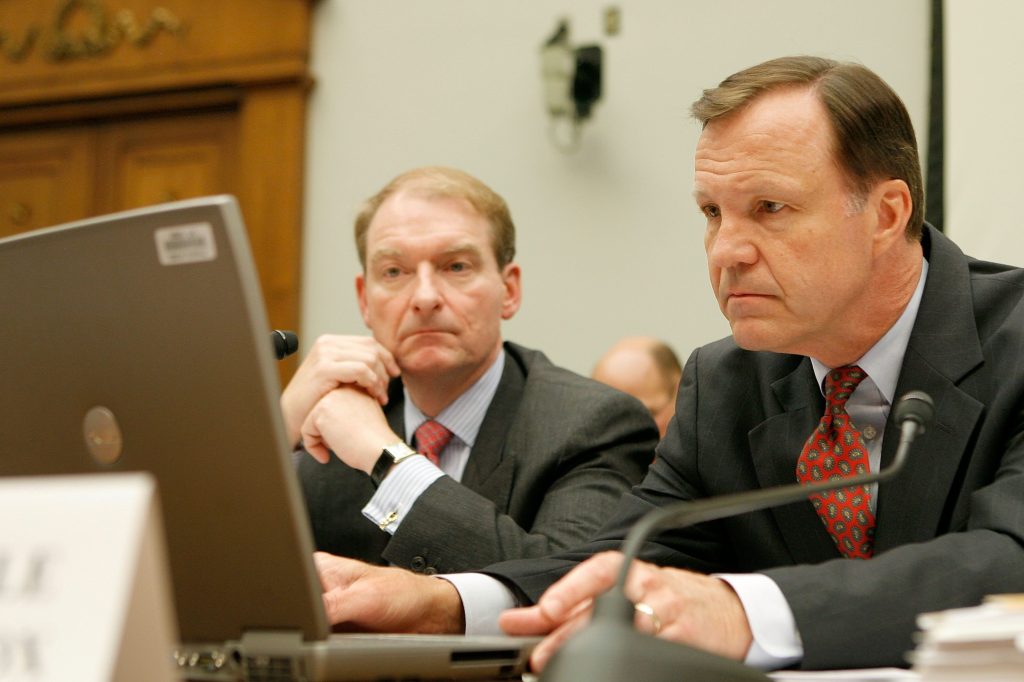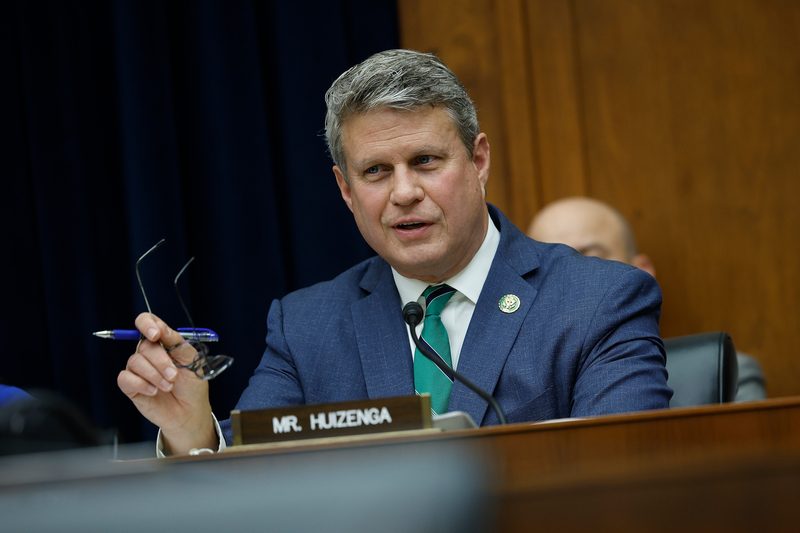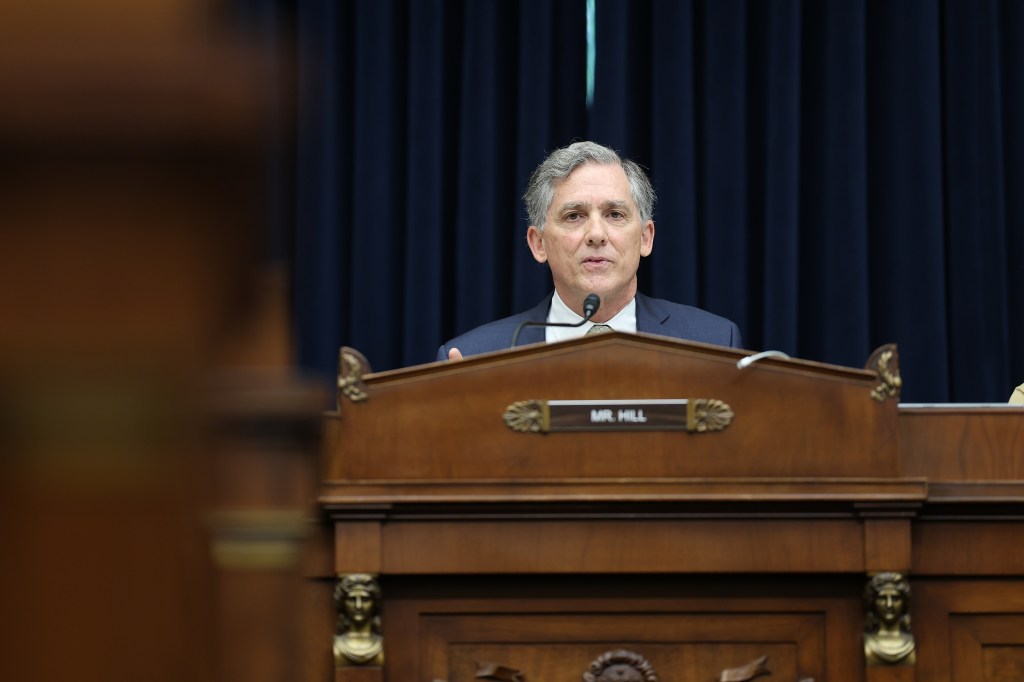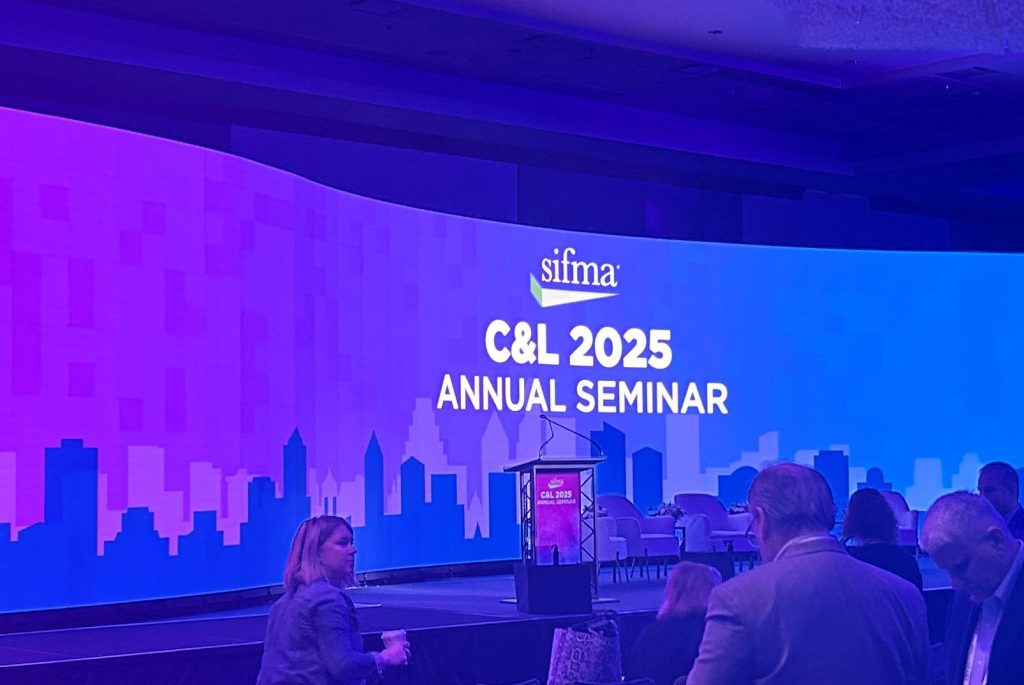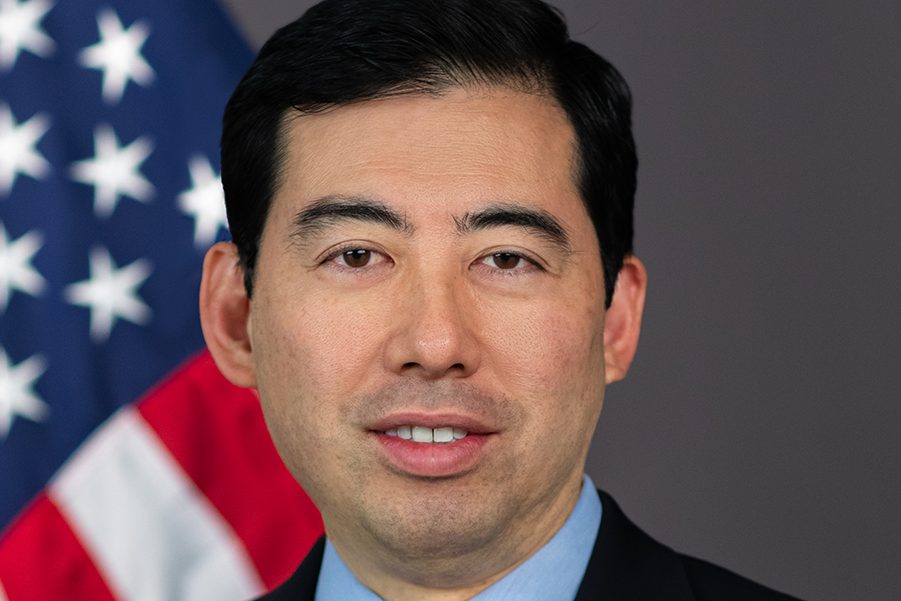SEC commissioner Mark T Uyeda stressed the need for his agency to exercise restraint and judgment in exercising its authority when he spoke at several industry events this week.
He focused mainly on the volume of rulemaking, the costs of complying with so many rules, and the perceived trend of the agency engaging in rulemaking via enforcement.
He also drilled down on a few specific enforcement actions and rules coming out of the SEC in the last two years, such as enforcement activity aimed at cryptocurrency firms and others targeting broker-dealers and investment advisers for their off-channel communication recordkeeping lapses, and disclosure mandates such as “pay versus performance” and share repurchases ones.
It’s clear Commissioner Uyeda has spent a great deal of time pointing out in a granular way the role he thinks the SEC should play in its role as the protector of investors and promoter of fair, orderly and efficient markets. His well-expressed considerations in these speeches are thought-provoking, as ever.
Rule clarity, then enforcement
Commissioner Uyeda’s speech at the Fifth Annual Scott Friestad Memorial Lecture on Monday revolved around the SEC’s enforcement authority. Noting that the legal standard for a government regulator like the SEC to issue an administrative subpoena is “official curiosity”, Uyeda beseeched his agency not to investigate based merely on suspicion.
His take on it is: “If there are regulatory provisions that are unclear and/or ambiguous, the Commission and its staff can and should provide clarity to market participants, which can occur in the form of rules, interpretations, guidance and no-action letters. This clarity should be provided before resorting to enforcement actions.”
He said the agency must remember that enforcement actions are not subject to notice and comment, like the rulemaking process, so interested parties cannot weigh in like they would on the proposed rule. They are not privy to the discussions among the regulators, business leaders and counsel involved in these actions – but they are still expected to draw lessons from them.
Uyeda focused on what he deemed the “novel” interpretations the SEC has undertaken in recent enforcements, citing its case against Crown Bridge Partners LLC and the definition of a “dealer” under the Securities Exchange Act.
It is difficult for me not to sympathize with crypto firms because the SEC has yet to promulgate rules concerning when digital assets become securities.
He looked at the case-by-case approach to regulating cryptocurrency – all through enforcement actions – decrying the fact that the SEC has engaged in a plethora of rulemaking in the last two years, but sadly nothing in the crypto regulation arena. His point is well-taken; the amount of energy spent talking about fraud and abuse in the cryptocurrency arena could absolutely have been channeled into adding actual guardrails around digital assets and market participants.
And beyond just fraud, cryptocurrency firms are cited for failing to register their assets as securities, even those that deal in decentralized digital assets do not fit neatly into the SEC’s registration process, which was designed for more traditional financial institutions.
It is difficult for me not to sympathize with cryptocurrency firms – absent clear instances of fraud on their part – because the SEC has yet to promulgate rules concerning when digital assets become securities, much less when crypto firms should register at the agency as any of three things: securities exchanges, brokers, or clearing agencies.
Off-channel comms cases
Later in his speech, Uyeda turned to the last year and a half of SEC cease-and-desist orders against financial services businesses for their perceived off-channel communication failures.
He said that, thanks to technological changes that have developed through the many years that the recordkeeping rules were crafted (namely, Rule 17a-4(b)(4)), this would have been a key area for the agency to have issued additional guidance on what it means by “communications … relating to the firm’s business.”
He says that a paragraph from one SEC settlement order says that “a senior executive of [the Firm’s] broker-dealer entity exchanged text messages with over two dozen other [Firm] employees, including superiors and at least five employees who reported to him.” And, in a separate order, a paragraph reads, “a managing director and head of trading communicated by text message and WhatsApp with at least 14 other [Firm] employees, including at least five whom he supervised.”
“Notable is that neither of these paragraphs discloses the content of the communications the firms are alleged to have sent that ultimately caused a violation of recordkeeping provisions. If co-workers text each other about having lunch – is that a business record?” Uyeda wonders.
What Uyeda does not reference from the text of each of the two cease and desist orders he cites is this language: “From at least January 2019, SGAS employees sent and received off-channel communications that related to the business of the broker-dealer operated by SGAS [SG Americas Securities].” And this is from that second case he references: “From at least January 2019, SMBC employees sent and received off-channel communications that related to the business of the broker-dealer operated by SMBC [SMBC Nikko Securities America].”
“If co-workers text each other about having lunch – is that a business record?”
Mark Uyeda
The SEC points out in both cases that its investigations showed the communications related to the business of the broker-dealers. Maybe the SEC exam team would have spent their time largely or even partly focused on parsing through and flagging messages having to do with lunch or the weather, but that’s not what the decisions say.
Uyeda goes on to say that it’s notable that the SEC never discloses the content of the communications the firms are alleged to have sent that caused the recordkeeping violations.
But the SEC said it had uncovered “pervasive” use, citing “numerous” off-channel communications, involving “numerous employees, including senior personnel,” and it would be hard to see how the SEC could have disclosed the messaging because of the sheer volume, confidentiality of the messaging and fact that business details and personal ones are often very intertwined in instant-messaging conversations.
And, as officials such as SEC Enforcement Director Gurbir Grewal have pointed out in these cases: It would be difficult, if not impossible, for the SEC to perform the basic components of its remit (protecting investors, monitoring the market, investigating suspected violations) if businesses were cavalier about their recordkeeping practices.
Uyeda’s parting comment in the section on off-channel communications about there being a need for more explanation of how the SEC reached its civil penalty amounts is a fair point.
None of the decisions focused on off-channel communications specify how the agency arrived at its penalty amounts, except to point out an instance of self-reporting by a firm that gave rise to a lower fine being meted out.
Costs of disclosure
On Tuesday, Commissioner Uyeda spoke at the Practising Law Institute’s 55th Annual Institute on Securities Regulation, focusing his remarks on the costs of disclosing more information than he believes is reasonably necessary for the safe and effective functioning of the securities marketplace.
He orders exactly how much information investors actually want – and for what purpose. If the purpose is to use the disclosure as a means to drive social change, he thinks it’s misplaced.
I’m not sure he’s right about the SEC being independent. There are three Democrats and two Republicans serving as commissioners for a reason – the party of the person sitting in the White House.
“Using the Commission’s disclosure regime to address social issues under the guise of stock ownership raises concerns,” he says. “The Commission is an independent regulatory agency, and none of the Commissioners have been elected by the American people.”
I’m not sure he’s right about the SEC being independent. There are three Democrats and two Republicans serving as commissioners for a reason – the party of the person sitting in the White House. The numbers were flipped a few years ago under Chair Jay Clayton. It’s always been a politically-leaning regulatory body.
And US legislators and state lawmakers are doing something about environmental, social, governance (ESG) investing and disclosure. The challenging part is that they are doing very different things, so investors and the public at large have a true morass of laws, standards, benchmarks, corporate goals, marketing claims and their own investing preferences to consider, never mind sifting though the scientific data that has provoked many of these discussions in the first place.
I’m not sure if ESG investing and disclosure belong squarely under the “political” banner when science data and modern-day disaster preparedness imperatives play a decent part in both.
Disclosure timing, amount
But Uyeda moves on to talk about timing. The process of engaging the public and industry participants could start earlier with rule proposals than it does today, through more roundtables, requests for information, or advance notices of rulemaking. Most times, these preliminary steps are not taken and engagement occurs after the proposal is announced on the SEC’s website.
And after significant changes are deemed needed to a rule proposal, Uyeda points out that that the SEC has rarely re-proposed them, getting a new economic analysis, highlighting where the changes were made, and offering a new opportunity for public commentary.
This type of careful rulemaking would be a boon to everyone involved, in my mind.
Where I often agree with Commissioner Uyeda and his Republican colleague at the agency, Commissioner Hester Peirce, is in their advocacy for more clarity to those most affected by their initiatives – the people making sense of these regulatory imperatives and trying to operate within the rules’ parameters, preserving their business’s reputations. That’s compliance, risk and legal officers, mainly. (The two commissioners have each spoken out about adding greater clarity to the decision of holding any of those officers personally liable in an SEC action, for example.)
Uyeda suggests that smaller reporting companies could provide less disclosure in some areas than larger ones, citing their unequal access to the costly advisers that help c-suites and boards meet disclosure requirements.
Those that would push back against them might say these new rulemaking processes might slow down the SEC, but I’d point out that so too does unclear rulemaking leading to more rule violations and time-consuming regulatory examinations.
Commissioner Uyeda also advocates for staggered compliance dates for more of its rule initiatives, a point he made at the NSCP annual conference last month.
He goes further, though, to suggest that smaller reporting and emerging growth companies could provide less disclosure in some areas than larger ones, citing their unequal access to the costly counsel, auditors, and advisers that help c-suites and boards meet ever-growing disclosure requirements.
Although all companies would still be held accountable for complying with the SEC’s antifraud rules and could not make misleading statements under Uyeda’s framework, his logic depends on smaller and emerging growth investors not caring as much about granular disclosure. And his idea does not reflect several realities – such as the fact that smaller and mid-sized companies have clients that deserve to know what their investment advisers are doing to protect their data (cybersecurity, privacy issues) or if these businesses are too often engaging in stock buybacks rather than investing in people and production.




